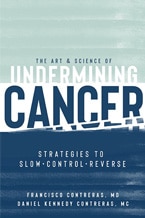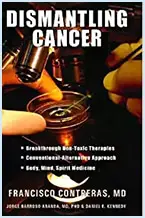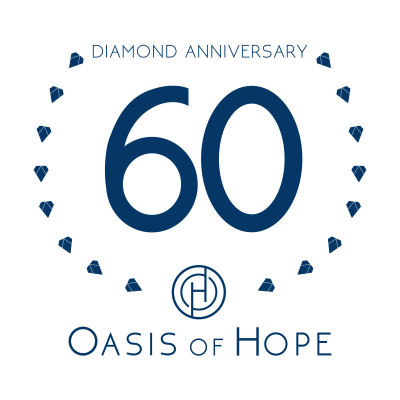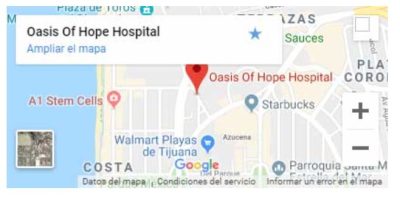Sodium Bicarbonate Therapy at
Oasis of Hope
The Place for Alternative Cancer
Data from cancer treatment centers such as Moffit Cancer Center and Arizona Cancer Center have shown that oral bicarbonate therapy significantly reduces the incidence of cancer metastases in cancers.
At Oasis of Hope, our researchers have been able to integrate sodium bicarbonate therapy with our complimentary treatments.
Sodium bicarbonate helps to increase the pH of the blood thus making the cancer patient more alkaline. Tumors grow in a low pH or acidic environment.
By increasing a cancer patients body pH and making it more alkaline, alternative cancer treatments such as intravenous vitamin C and ozone therapy becomes much more effective.
The altered metabolism of many cancers causes malignat cells to make large amounts of lactic acid. This reflects a phenomenon known as “aerobic glycolysis”, in which cancer cells take up large amounts of glucose (blood sugar), convert it to lactic acid, and excrete it; the excreted lactic acid makes the extracellular environment of tumors acidic, an effect which is often potentiated by poor blood flow in some tumor regions.
Certain regulatory changes which cause cancers to behave aggressively tend to promote aerobic glycolysis; for this reason, aggressive cancers tend to be more acidic. But recent medical studies reveal that extracellular acidity itself tends to make cancer cells behave more aggressively; hence, if cancer cells are incubated at a mildly acidic pH, and then injected into mice, they are more prone to produce metastases. Why acidity has this effect is still not clear.
The high extracellular lactic acid content of many cancers also protects them from immune cells (cytotoxic T lymphocytes and natural killer cells) capable of killing the cancer; within the acidic tumor environment, these immune cells tend to soak up the lactic acid, and this impairs their protective activity. Hence, extracellular acidity makes cancer cells more dangerous in at least two ways – it makes the cancer cells more aggressive and capable of spreading, and it protects the cells from immune rejection.
Dr. Robert Gillies and colleagues at the Moffitt Cancer Center in Florida have helped to characterize these effects of acidity on cancer behavior, and they have also developed a simple strategy for alleviating the acidity (raising the pH) of acidic tumors – they simply administer sodium bicarbonate in drinking water! This has no discernible impact on the pH of blood or normal tissues, but tends to normalize the pH in tumors.
Dr. Gillies showed that, when he added sodium bicarbonate to the drinking water of mice implanted with an aggressive human breast cancer, the bicarbonate greatly suppressed the formation of new metastases. Encouraged by these results, Dr. Gillies has now initiated a formal clinical study evaluating sodium bicarbonate as a therapy for late-stage cancer patients.













